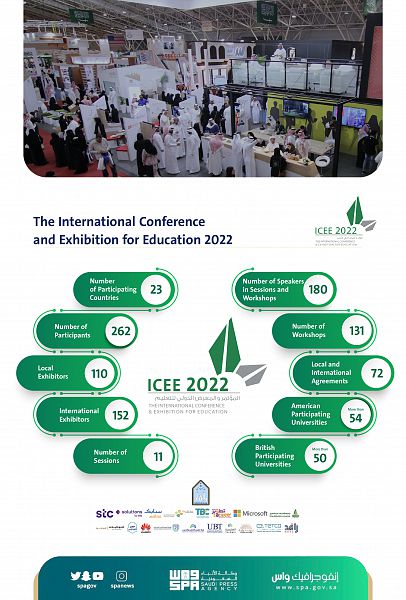
Germany’s investments in Lebanon, which are expected to be revealed during the visit of Chancellor Angela Merkel to Beirut, will represent the first European and foreign investments in the sectors of infrastructure and services that were approved during the Cedar Conference to support Lebanon.
The Lebanese leaders put urgent projects on the top of the agenda to be discussed with the economic delegation accompanying the German official, especially the transfer of German industrial expertise, and the means to address specific sectors, especially the energy industry.
Minister of Economy and Trade in the caretaker government, Raed Khoury, said that the visit of the German chancellor “will have a positive impact on Lebanon, especially as it constitutes the first European investments in the country and the actual translation of the decisions of the Cedre Conference.”
In remarks to Asharq Al-Awsat, Khoury said a political and economic delegation and representatives from the private sector would accompany Merkel to discuss sectors that will be part of German investments.
“We welcome this visit, and we encourage the Europeans, especially the Germans, to invest in Lebanon, since Germany is a very important industrial country. Lebanon needs its industrial expertise to create thousands of jobs, an active economic cycle, and strong immunity to the country’s economy,” he added.
However, economic expert Walid Abu Sleiman told Asharq Al-Awsat that foreign investments, including German, depended on the structural and financial reforms undertaken in Lebanon. He also expressed his regret over bickering in the process of forming the government, which he said would “negatively affect the economy and the decisions of the Cedre Conference, which requires very urgent reforms.”
The Cedre conference, held in Paris last April under the chairmanship of French President Emmanuel Macron, was the last opportunity to help revive the Lebanese economy. Lebanon received soft loans and grants amounting to $11.8 billion, which are supposed to be spent on infrastructure projects over a period five years, especially in the sectors of electricity, water, roads and public transport.











